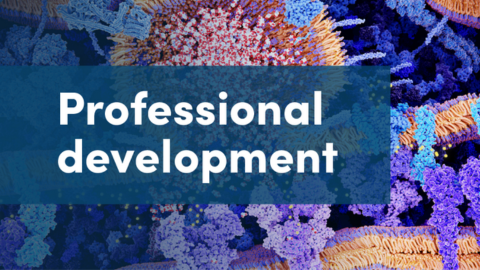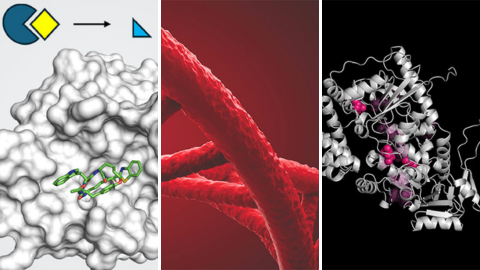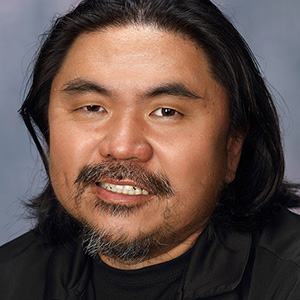Rethinking the promotion letter
The number of qualified underrepresented candidates for university faculty is increasing; however, 60% of those newly hired as assistant professors still identify themselves as white, according to a recent study by the American Psychological Association. The racial disparity increases as faculty progress in academic rank, with approximately 71% of associate professors and 76% of full professors self-identifying as white. This trend is a systemic issue across academia, regardless of the type of institution.

One factor that contributes to the attrition of underrepresented faculty is the letter of support or evaluation that candidates for promotion receive from senior colleagues. Although these letters are intended to support faculty members, many of them fail to convey that message because they are written using narrowly defined standards that are often racially biased and arbitrarily established.
The 2022 eLife article “Equity, Diversity, and Inclusion: A Guide for Writing Anti-racist Tenure and Promotion Letters” tackles this issue and suggests a different approach. The authors state that letter writers should start by reflecting on their own background and identities. They should ask for the institutional and departmental priorities on categories used for evaluation (teaching, research and service). They should also research departmental and institutional demographic information and examine how the candidate influences both within their field and outside their expertise with work in areas such as diversity, equity and inclusion, collaboration and leadership.
The authors state the importance of addressing the candidate with their formal title or academic rank rather than using generic terms. They advise writers to use a broad definition of productivity, describing all the candidate’s achievements in detail and recognizing their contributions to different areas of service by elaborating on their efforts in mentoring and community development.
The writer of the letter, the authors suggest, must be aware of and address the issue of racial bias and the narrow and arbitrary nature of how productivity is defined. After the letter is complete, the authors suggest that support for underrepresented faculty members should continue by citing the candidate’s work whenever possible, showing appreciation for their work and their effort in mentoring, and enhancing their visibility through award and speakership nominations.
Writing an inclusive and anti-racist letter does not support the notion that standards for evaluating underrepresented faculty members are lower, the authors stress, and they acknowledge that changing the white-centric culture pervasive in academia is extremely difficult.
Writing an unbiased letter of support that reflects the excellence and contribution of underrepresented faculty to the department and the institution may be the first step in stopping the harmful trend of underrepresented faculty attrition and improving their retention and promotion.
If universities and colleges are to change and become more inclusive, we must continue to advocate for departmental and system-level changes. We also need to evaluate and support the excellence and efforts of underrepresented faculty members, not only within our institutions but also in our society.
Enjoy reading ASBMB Today?
Become a member to receive the print edition four times a year and the digital edition monthly.
Learn moreFeatured jobs
from the ASBMB career center
Get the latest from ASBMB Today
Enter your email address, and we’ll send you a weekly email with recent articles, interviews and more.
Latest in Careers
Careers highlights or most popular articles

Upcoming opportunities
Friendly reminders to register for the upcoming ASBMB Breakthroughs webinar on nuclear second messenger signaling and ASBMB's in-person symposium on proteomics in Cambridge, Mass.

2025 PROLAB awardees announced
Seven early-career scientists receive grants to advance their research by working in North American labs.

Upcoming opportunities
Register for ASBMB's upcoming free professional development webinars on women in science and commercializing biomedical research.

Teach, learn & transform biochemistry education
Meet the co-chairs of the 2025 ASBMB meeting on reimagining undergraduate education in the molecular life sciences to be held July 24–27, 2025 in St. Paul, Minnesota.

Upcoming opportunities
Submit your abstract for ASBMB's upcoming meetings on nucleophilic proteases, gene expression and O-GlcNAc.

Upcoming opportunities
Friendly reminder: Submit your abstracts for upcoming ASBMB meetings! Just added: virtual events on AI and STEMM graduate education.

